The noble rose, rich in literary symbolism and beneficial phyto-nutrients, is having a resurgence among those seeking eternal youth. The New York Times identified some half dozen anti-aging creams employing rose oil compounds (which theoretically repair elastin and collagen) in an attempt to resurrect a childlike glow from middle-aged skin. Besides wondering who would buy a $350.00 jar of Lancome Absolue L'Extrait Regenerating Ultimate Elixer with native cells of rose leaves, the Times' trend-spotting sent iwellville scurrying to PubMed.gov (the uber-comprehensive database of the National Library of Medicine) to find out if there is any evidence to back-up the mythical power of the rose. Can a rose turn back the clock on skin and alleviate depression? Some say it can.
Can a rose turn back the clock on skin and alleviate depression? Some say it can.
Science did not let us down; though, rather than help with wrinkles, there's evidence that roses can help with depression--another scourge of the loss of the bloom of youth. In April, five Turkish researchers reported in the American Journal of Natural Medicine that they had used rose vapors to halt depression in mice.
The theory: that oxidative stress (a critical route of damage in physiological stress-induced disorders like depression) would be reversed when exposed to free radical antioxidant compounds such as rutin and quercetin, present in abundance in rose vapor. Translation: Smelling roses (in this case essence of Rose x damascena Mill. grown in Turkish highlands) might reverse depression.
The kicker: it actually worked (Coco Chanel--who made rose the central note of Chanel No. 5--is proven right once again.) She would not have been surprised with the Turkish scientists' conclusion: "experimental depression is associated with elevated oxidative stress while treatment with rose oil vapor induced protective effects on oxidative stress in depression." Not just content to use the standard sucrose preference test (a reduced preference for sweets) to measure depression, the investigators from Suleyman Demirel University measured levels of reparative antioxidants in the cerebral cortex of their experimental subjects. They found significant differences in the rose-sniffing group.
Inhaling the scent of roses: is there a more elegant treatment for depression?
Anna Wintour was no doubt blissfully unaware of this research when she recruited the mood-lifting rose for an Obama fundraiser she co-hosted last night at Sarah Jessica Parker's New York townhouse. Just hours before the scheduled dinner, The New York Post reported, dozens of plump white roses were delivered.
Even without a rousing Presidential stump speech, the unassuming guests were guaranteed to leave a little happier after exposure to the aromatic power of the table decorations.
 Thursday, November 8, 2012 at 3:44PM
Thursday, November 8, 2012 at 3:44PM  The next time you tell yourself, "It's just a cold I can still go to work," you might want to rethink that; especially if your work involves motor skills (airplane pilots, back-ho operators) or memory (auctioneers, actors.) Researchers at Cardiff University in the UK (land of the wicked head cold) have cleverly teased out the cognitive effects of having a cold, and it's not a pretty picture. They studied 200 people--48 developed colds while the rest served as controls--and found:
The next time you tell yourself, "It's just a cold I can still go to work," you might want to rethink that; especially if your work involves motor skills (airplane pilots, back-ho operators) or memory (auctioneers, actors.) Researchers at Cardiff University in the UK (land of the wicked head cold) have cleverly teased out the cognitive effects of having a cold, and it's not a pretty picture. They studied 200 people--48 developed colds while the rest served as controls--and found: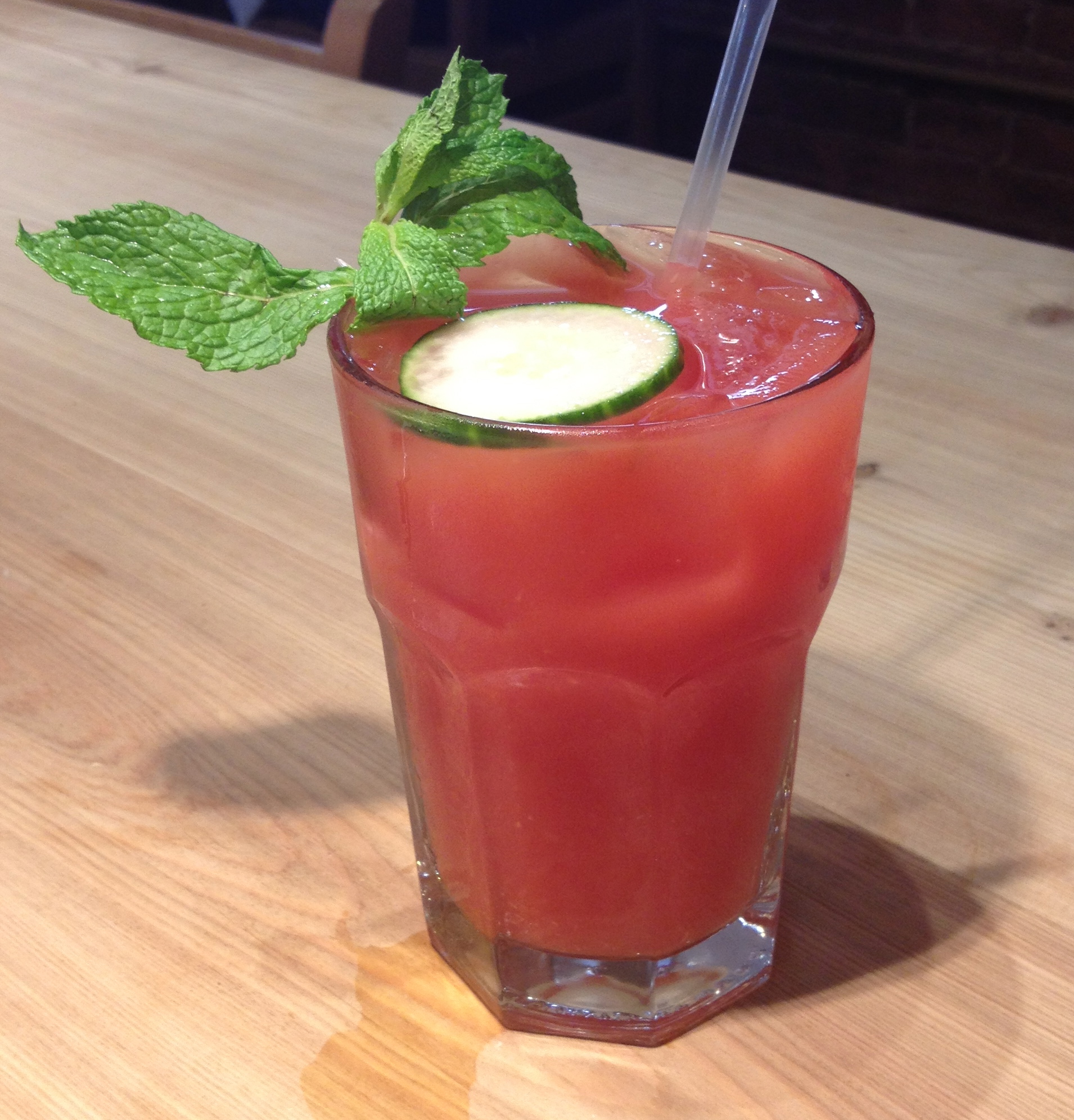

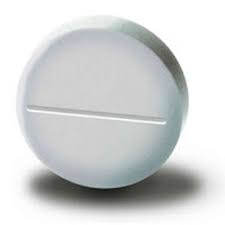


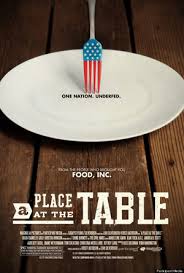


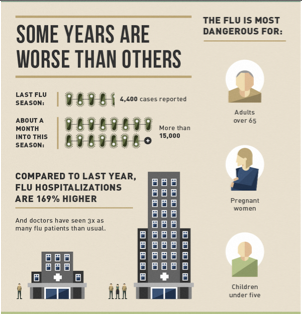

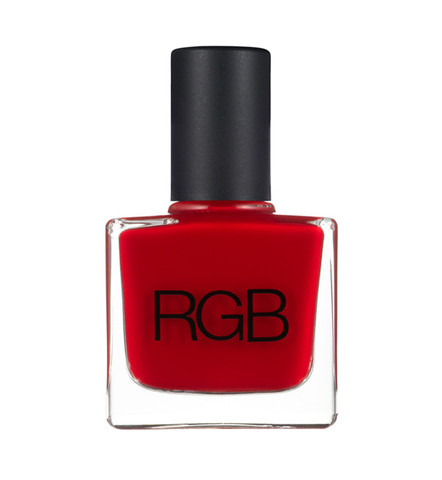
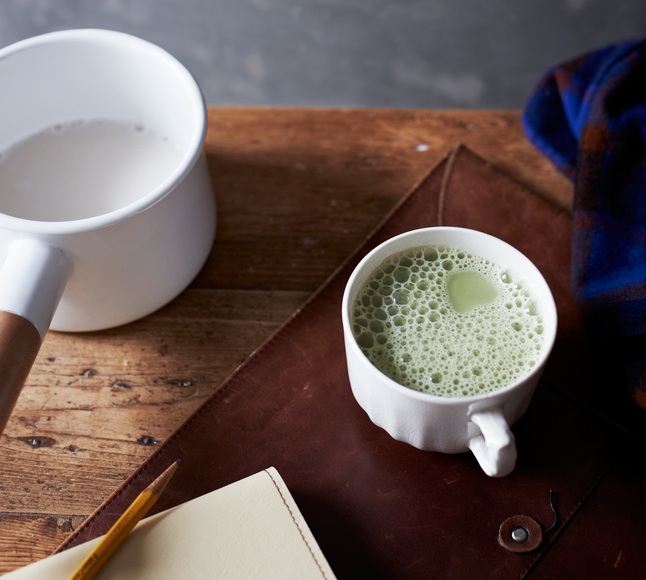



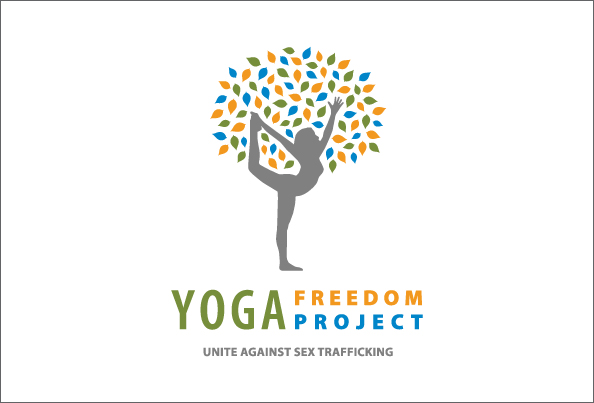

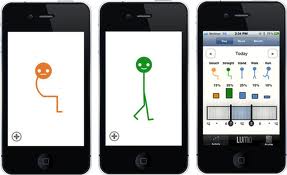
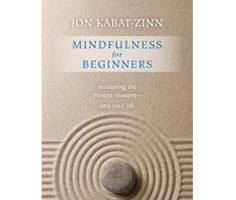
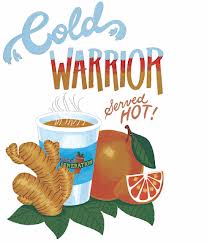
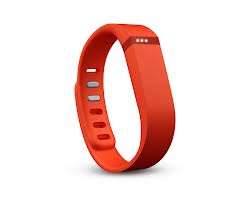

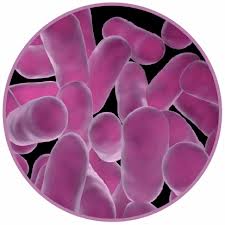
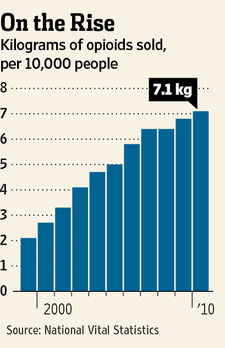
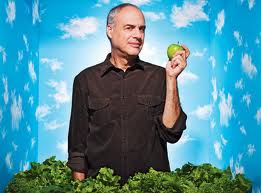


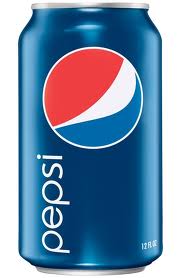
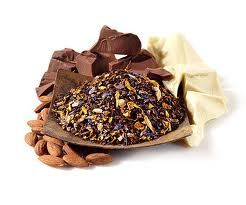
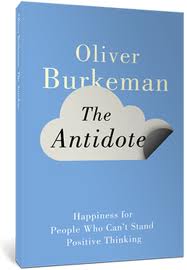




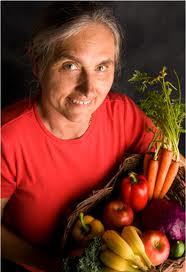


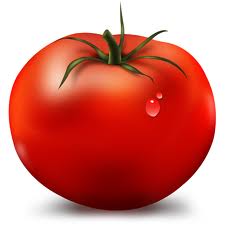
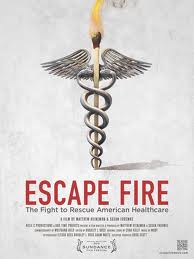



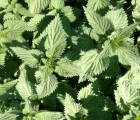

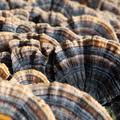

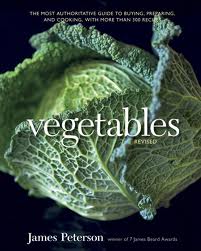



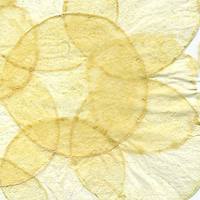
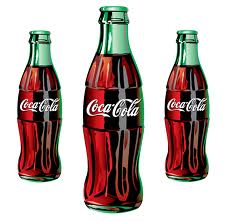



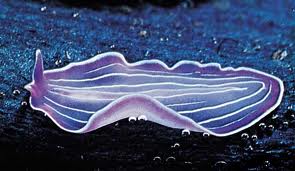
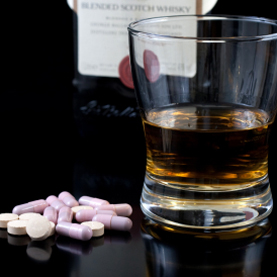
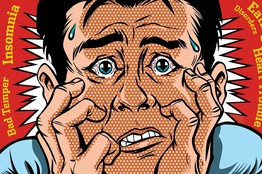


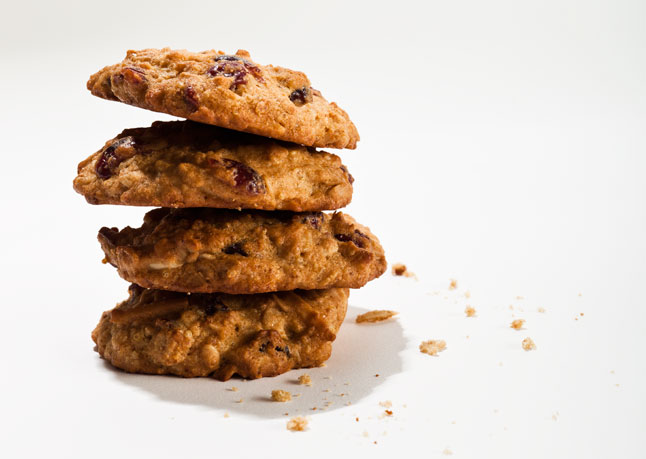
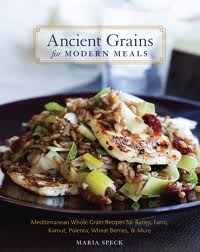
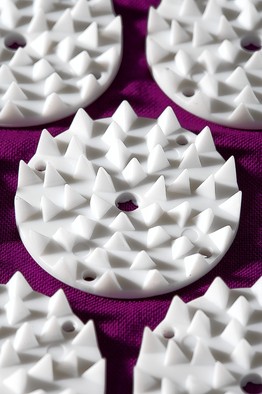


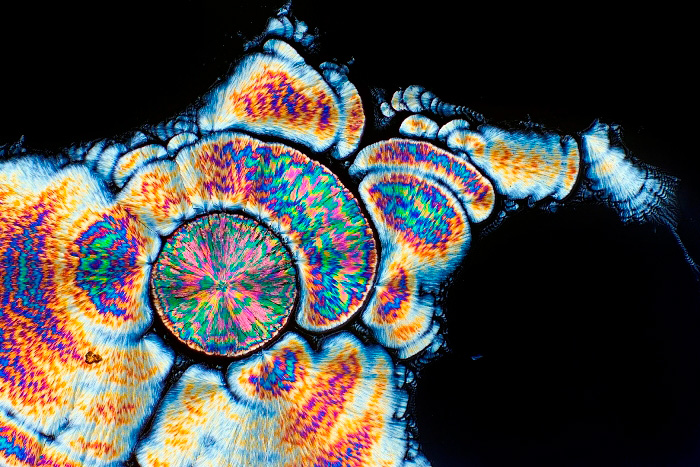

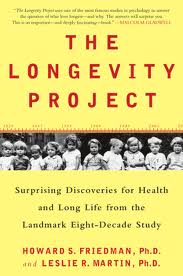

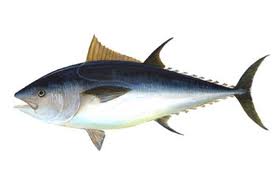


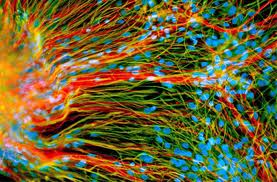
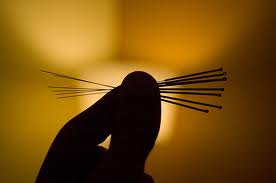
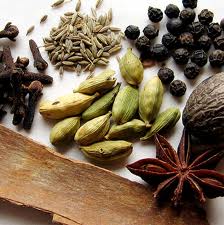
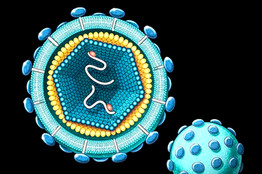

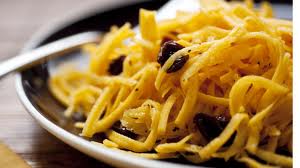

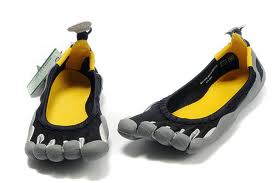

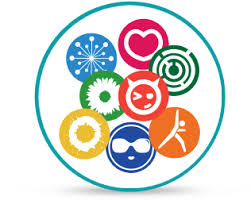




 .
.








 600 IU/d for women of reproductive age), as well as screening for low serum 25(OH)D levels among women with other risk factors for vitamin D deficiency, would be a rational interim approach." The editorial also called for more studies evaluating the impact of taking more than the recommended daily allowance.
600 IU/d for women of reproductive age), as well as screening for low serum 25(OH)D levels among women with other risk factors for vitamin D deficiency, would be a rational interim approach." The editorial also called for more studies evaluating the impact of taking more than the recommended daily allowance.
